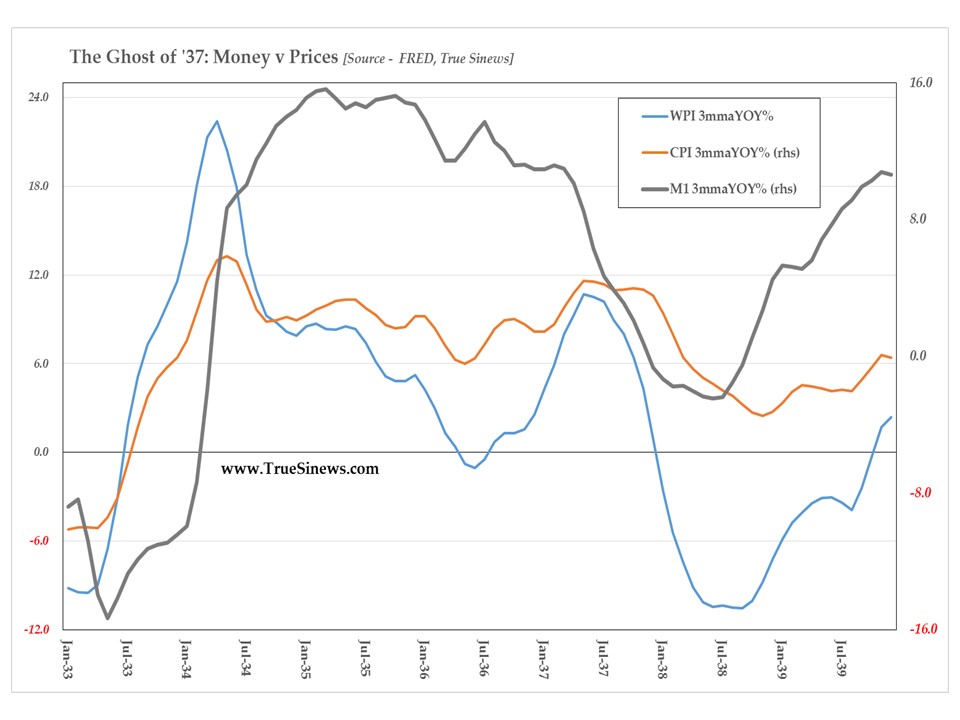As one of the few Austrian economists in the UK, I’ve become somewhat frustrated by the lack of attention to knowledge processes when talking about the UK experience of the financial crisis. This isn’t to say that perverse incentives weren’t important, but that in many cases they provide an alternative hypothesis to knowledge problems. And it’s a distinctly Austrian approach to illuminate the latter. See this working paper for more; comments and feedback most welcome.
This paper seeks to provide a distinctly Austrian interpretation of the financial crisis and subsequent recession that affected the UK economy in 2007-2010. In doing so it challenges the conventional wisdom that focuses on poorly aligned incentives, providing a theoretical and empirical claim for the primacy of ignorance explanations. Particular emphasis is given to the role of regime uncertainty and so-called “big players”, as well as how faulty behavioural foundations and “price naivety” misunderstand economic calculation and recalculation. Far from being an example of “market failure”, the financial crisis has revealed that almost a century on from the socialist calculation debate many economists still fail to understand the basic principles of a market economy.
Read the article here: http://papers.ssrn.com/sol3/papers.cfm?abstract_id=1861540




Anthony-
You should really dissect what the holdings of the various banks said about their state of mind and emphasize the risk component of both the “Compensation” and “TBTF” explanations. Additionally, I am not sure that your version of the events after the crisis regarding “TBTF” helps your case as is. Ny this I mean that I do not believe that your focus on losses as a way to dispel “TBTF” is correct. Making this line of reasoning work demands some sort of “omniscience” to determine motivation before an event (i.e. risk taking) from actions taken after said event. I think that it would be better to focus on excessive risk as being the key for both explanations and, in a separate section, show the anti-market bias of behavioral explanations as a way of exculpating the government’s role in mispricing of risks and debt securities.